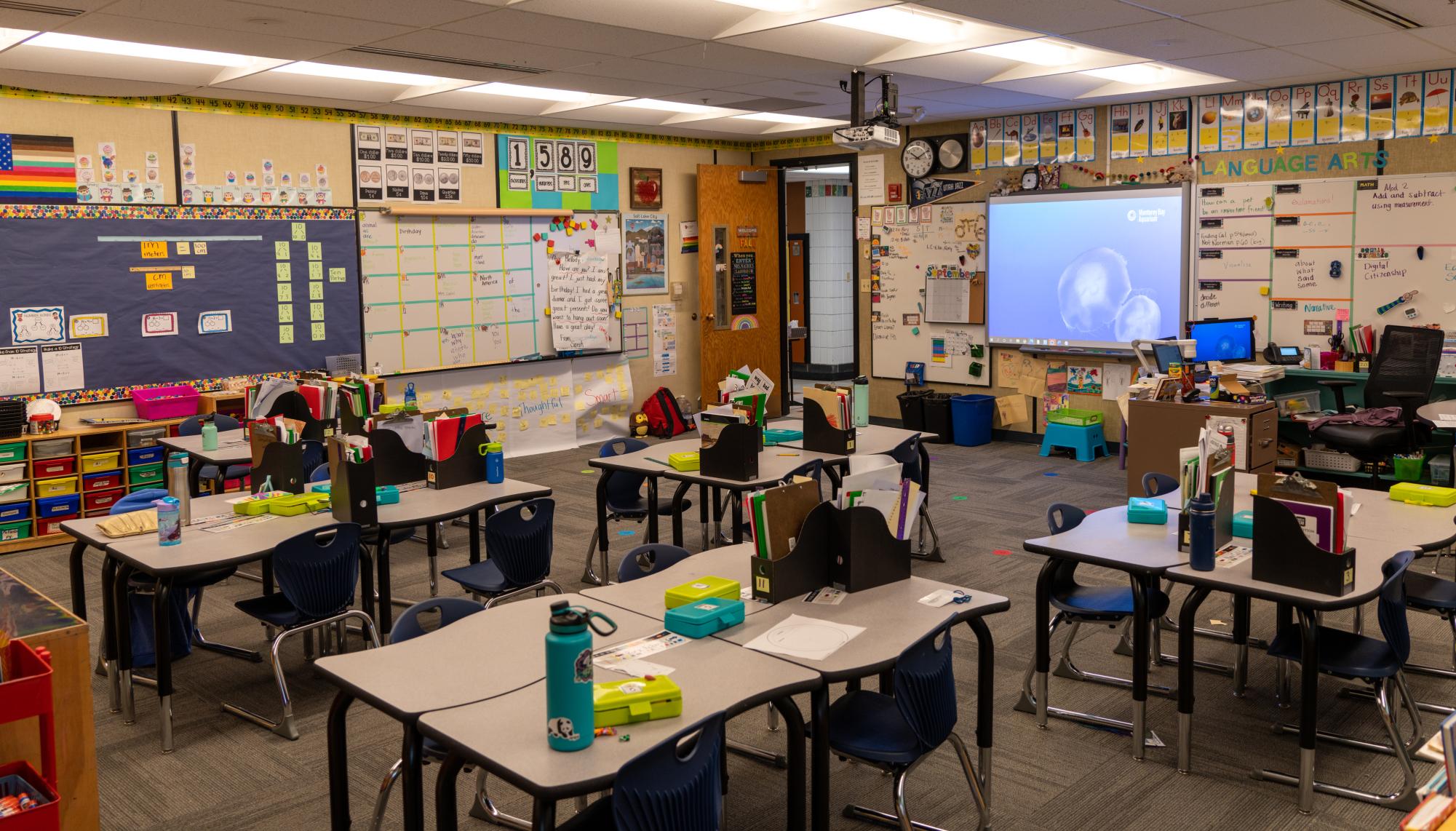America’s mental health crisis has only worsened over the past few years — mental health of Utah youths is ranked 32nd in the nation. Utah mental health professionals have reported rising anxiety and emotional distress in students as the 2023-2024 school year kicks off.
Utah lawmakers have slowly been pushing schools to generate money under the premise of it being allocated towards mental health screenings. This comes after Gov. Spencer Cox signed H.B. 403, requiring schools to opt in or out of mental health screenings. Although this seems like a win for Utah students, less than half of Utah’s school districts and fewer than a dozen charter schools opted in for the program.
Utah school districts must implement a required mental health curriculum for all K-12 schools that teaches emotional, social and cognitive skills that students need to succeed. By doing so, mental illness among Utah youth will hopefully decline.
The Reality of the Issue
One in five children in the U.S. have a mental, behavioral, or emotional disorder — yet only 20% receive care from a professional mental health care institution. Schools have screened for vision and hearing issues for decades. However, even though suicide is the number one cause of death for Utah youth, mental health screenings weren’t available until this school year.
The vast majority of districts who opted out of these mental health screenings are in Central Utah. These areas also tend to have the most access to guns and alcohol, as well as the highest teen suicide rates. Yet unsurprisingly, these districts also have the fewest mental health resources.
Utah lawmakers pushed for mental health screenings to prevent school shootings. The screenings used to identify suicide could also be used to flag other cases of mental illnesses, leading to violent behavior against students and teachers.
State-Wide Shortage of School Psychologists
Dr. Keith Radley, a professor at the University of Utah who specializes in school psychology, shared that there was “a massive shortage of school psychologists in Utah.”
He added, without an adequate number of mental and behavioral health providers “to meet the needs of students in schools,” implementing a universal support system becomes more difficult.
“There’s a massive number of children and adolescents now needing targeted supports, there’s just not the personnel to be able to meet all those needs,” Radley said.
Finding school psychologists has proven to be difficult because the school psychology profession can be very specific. Even applicants with PhD-level qualifications would find it difficult to transition without a specific skillset in school psychology. The twofold problem consists of inadequate university training programs that specialize in school psychology, but also a lack of awareness of school psychology as a career option.

A Mental Health Curriculum Implemented in Schools
To ensure a healthy mental development, it’s crucial for children to digest social, cognitive and emotional skills. While it’s assumed that most children gain these skills in their early home life, some don’t. Without learning about mental health in school, less fortunate students could be left to fend for themselves and grow up without the proper skills to succeed.
Radley said that “preventative efforts always have a greater return on investment [than] reactive strategies.” He added that providing universal supports “would decrease the need for more targeted or intensive supports.”
Radley also believes that an inclusive mental health curriculum should consist of, “resilience, coping skills, pro-social skills and being able to recognize emotions and feelings in yourself and others.” Creating a curriculum that discusses setting boundaries, self-compassion and emotion regulation is a good start. Our current elementary students could be the start of an adjusted society made up of emotionally intelligent adults.
Most kids of my generation claim that their K-12 education lacked important skills that could have helped them transition into adulthood. I personally didn’t know how to set boundaries or stand up for myself until I started going to therapy. Students deserve the ability to harness these skills to prevent the common mental health plummet when students reach high school.
The Expected Benefits
All Utah K-12 students would benefit greatly from a required mental health curriculum. If Utah began to take steps to implement a mental health curriculum in K-12 schools, the results would be outstanding — particularly if it began in in elementary school and continued throughout their time as high schoolers. Students could harness the ability to understand complex concepts and lessons that usually wouldn’t even been thought about until much later in their lives.
By introducing mental health topics in elementary school, students can develop those skills throughout middle and high school, and apply them as they transition into adulthood. Other states could see the benefits of implementing mental health and create change in their school systems, leading to change across America.





